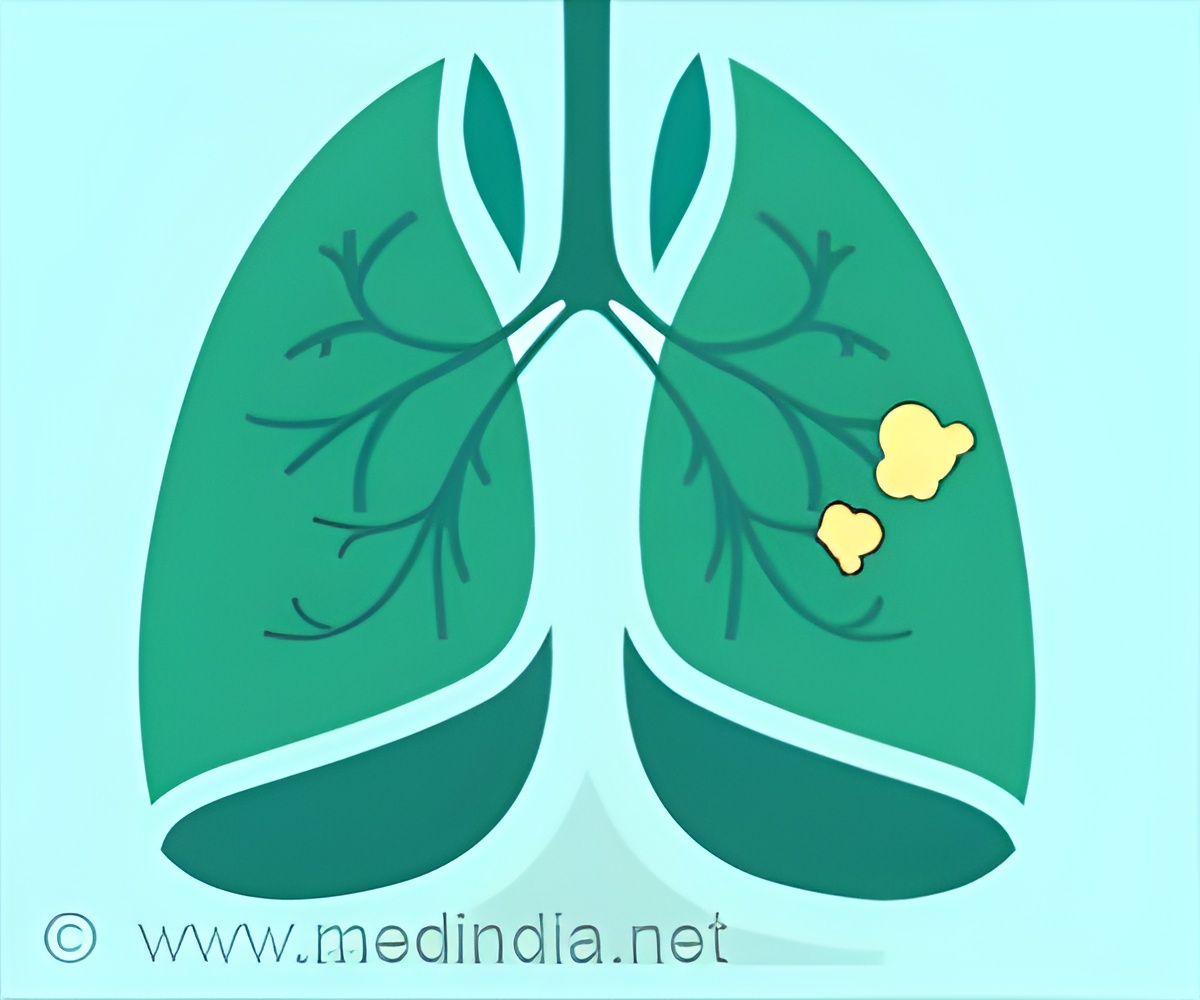
‘Longer survival provided by dacomitinib in lung cancer patients is offset by severe side effects and deterioration in symptoms and quality of life.’
Read More..Tweet it Now
Only data on one of two research questions Read More..
The Federal Joint Committee (G-BA) distinguished between two research questions based on the mutation status in the EGFR gene of the tumour cells, since the effectiveness of the treatment options depends on the exact structure of this receptor. For the EGFR mutations "L858R" or "Del19", the appropriate comparator therapy was another drug of the same substance class, i.e. afatinib, gefitinib or erlotinib. Patients with other activating mutations were to be treated individually depending on the type of mutation in the comparator arm.
The drug manufacturer did not present study data on this second research question in its dossier, so that an added benefit of dacomitinib is not proven for this reason alone. For the first research question, there are data from the unblinded randomized controlled trial ARCHER 1050, in which patients - predominantly Asians - were treated with either dacomitinib or gefitinib.
Patients reported numerous disadvantages
With about 34 months, the median survival time in the dacomitinib arm of the study was just over seven months longer than in the gefitinib arm (just under 27 months). In addition, there were isolated advantages regarding certain side effects. However, this was offset by a large number of disadvantages: Numerous side effects, particularly including severe side effects, were more common under dacomitinib. Patient-reported symptoms worsened more frequently and also earlier. Deterioration of health-related quality of life was also more pronounced than under gefitinib.
Advertisement
G-BA decides on the extent of added benefit
Advertisement
More English-language information will be available soon (Sections 2.1 to 2.5 of the dossier assessment as well as easily understandable information on informedhealth.org). If you would like to be informed when these documents are available, please send an e-mail to [email protected].
Source-Eurekalert








